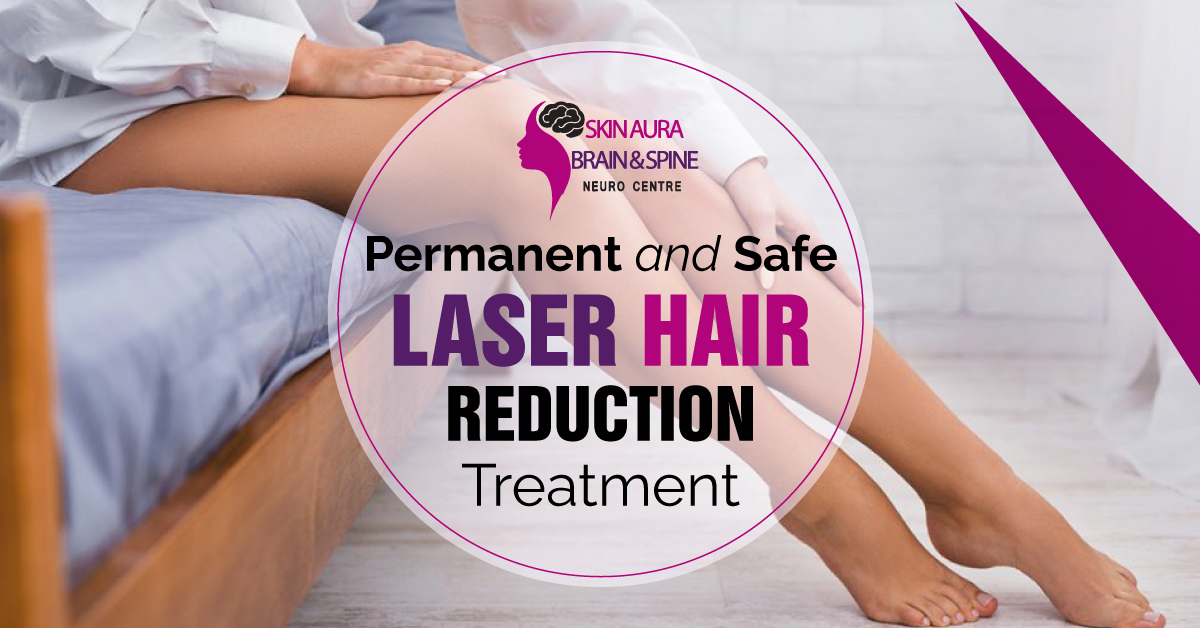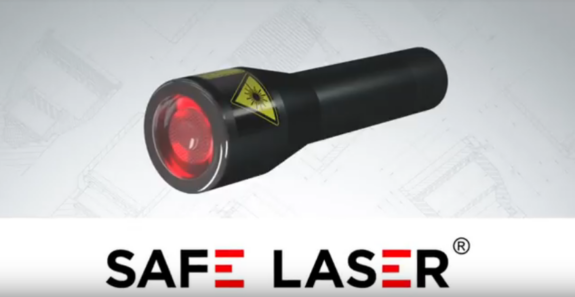Top Info For Selecting A Safe Laser Therapy
Wiki Article
How Does Low-Level Safe Laser Therapy (Lllt), Help With Respiratory Inflammation?
LLLT can reduce respiratory inflammation in many ways. LLLT could help improve breathing in respiratory conditions, such as bronchitis, asthma or a condition where the inflammation of the airways can cause symptoms like coughing and wheezing.
Bronchodilation LLLT has been found to increase the relaxation of smooth muscle cells in the airways. It may help those suffering from asthma and chronic obstructive pulmonary disease (COPD) that are conditions in which bronchoconstriction is a contributing factor to breathing problems.
Improved Blood Circulation LLLT enhances vasodilation, microcirculation and blood flow in the lungs. Improved Blood Circulation can help supply oxygen and nutrients to inflamed cells, promoting healing.
Enhanced Immune Function LLLT increases the production of cytokines, as well with phagocytosis. Phagocytosis is the process through which immune cell engulfs pathogens. This may boost the immune system to fight respiratory infections, and reduce inflammation in the airways.
Reduced Mucus Prodution- LLLT can reduce the amount of airway mucus through promoting mucus clearing and reducing inflammation in the respiratory tract. This is especially beneficial for those who suffer from chronic bronchitis and sinusitis. The production of excessive mucus can be an important factor in respiratory symptoms.
Alleviation of Allergic Reactions LLLT has been investigated as a treatment option for allergic rhinitis, also known as hay fever, a condition characterized by the inflammation of sinuses and nasal passages in response to allergens. By reducing inflammation as well as enhancing immune function, LLLT may help alleviate allergies, such as nasal congestion, sneezing, and itching.
Overall, safe Laser low-level laser therapy is an effective and non-invasive approach to managing respiratory inflammation and symptoms, bringing relief and aiding in improving the respiratory system. Talk to a doctor to ensure that you receive the right diagnosis and receive the most effective treatment prior to using LLLT. Check out the best lágylézer for site info including lézer bérlés, lagylezer terapia, lágylézer készülék, gyógyító lézer, lágylézer ár, lézer bérlés, laser kezelés, orvosi lézer készülékek, lágylézer kezelés árak, lézeres fájdalomcsillapítás and more.

How Does Low-Level, Safe Laser Therapy Help With Throat Disorders?
Low-level laser therapy (LLLT) is safe and secure. (LLLT) is a solution to numerous throat ailments through various ways: Reduction of inflammation- LLLT is anti-inflammatory which help to reduce inflammation in the throat tissues. LLLT can be effective in conditions like tonsillitis or pharyngitis, which are both inflammations of the tonsils. The symptoms like swelling, pain and difficulties swallowing are reduced.
Pain Relief - LLLT assists in relieving pain in throat conditions including soreness and irritation.
Tissues are able to heal faster. LLLT can speed up the process of regeneration of tissues by stimulating cellular proliferation and metabolism. LLLT is beneficial in cases such as throat ulcers and injuries to the vocal cord. It may help speed up tissue healing, decreasing problems, and improving the health of your throat.
Improved Circulation - LLLT improves vasodilation and microcirculation which leads to an increased blood flow to the tissues of the throat. Improved blood circulation - LLLT can boost blood circulation and deliver oxygen to damaged or injured tissues. This promotes healing, reduces inflammation, and helps with healing.
LLLT can reduce swelling of the tissues of the throat, through promoting drainage of fluids and lymphatic drainage. This can be beneficial to those who suffer from conditions such as post-operative swelling of the throat or laryngitis.
Management of Voice Disorders LLLT can improve the voice quality and decrease symptoms like hoarseness, vocal fatigue or. By reducing inflammation, and promoting the repair of tissues, LLLT helps restore vocal function.
Overall, safe Laser low-level laser therapy offers an uninvasive and drug-free solution to treat a variety of throat issues, providing relief from symptoms like inflammation, pain, or difficulties swallowing. See a doctor for a diagnosis and for treatments before you use LLLT. View the recommended safe laser 150 for website recommendations including orvosi lézer készülékek, lágylézer készülékek, mozgásszervi betegségek kezelése, orr lézer készülék, safe laser vélemények, safe laser bérlés, laser lézer, lézer kezelés hatása, lágylézer ár, mozgásszervi problémák and more.

What Is The Time Frame For The Safe Laser Device To Work On Conditions Of The Nose, Ear And Throat?
Safe Low-level therapy with lasers (LLLT) can be utilized to treat ENT conditions, can have different results based on the specific condition being treated. Other variables include the seriousness of the problem and the patient's response treatment. Typically, a series of LLLT for a specific time is suggested to achieve optimal outcomes.
The severity and the type of ENT condition may affect the frequency of LLLT procedures required. For example, conditions like tonsillitis or laryngitis require a different treatment method and various LLLT sessions.
Individual Response to Therapy Personal factors, like general health and immune functioning, can affect the way patients respond to LLLT. Certain individuals might respond more quickly to treatment and see quicker improvement in symptoms however, others may require prolonged therapy.
Treatment Protocol - The treatment plans that are recommended by ENT specialists will have an impact on the frequency and number of LLLT treatments for ENT conditions. The healthcare professional can tailor the treatment plan to meet an individual's specific needs. This could mean scheduling LLLT often throughout the day or at regular intervals.
Acute and Chronic. Acute vs. The acute condition, like acute sinusitis (or acute pharyngitis) might just require a couple of sessions. Chronic conditions such as chronic laryngitis will likely need more intensive treatment.
Although some people may see improvement in ENT conditions after just several LLLT sessions, others may require longer-term treatments to achieve optimal results. If you are looking to obtain the most effective results from LLLT be sure to follow the advice from the ENT specialist. Participate in every scheduled LLLT treatment sessions. It is crucial to keep in touch with your ENT to monitor symptoms and adjust treatment plans as needed.